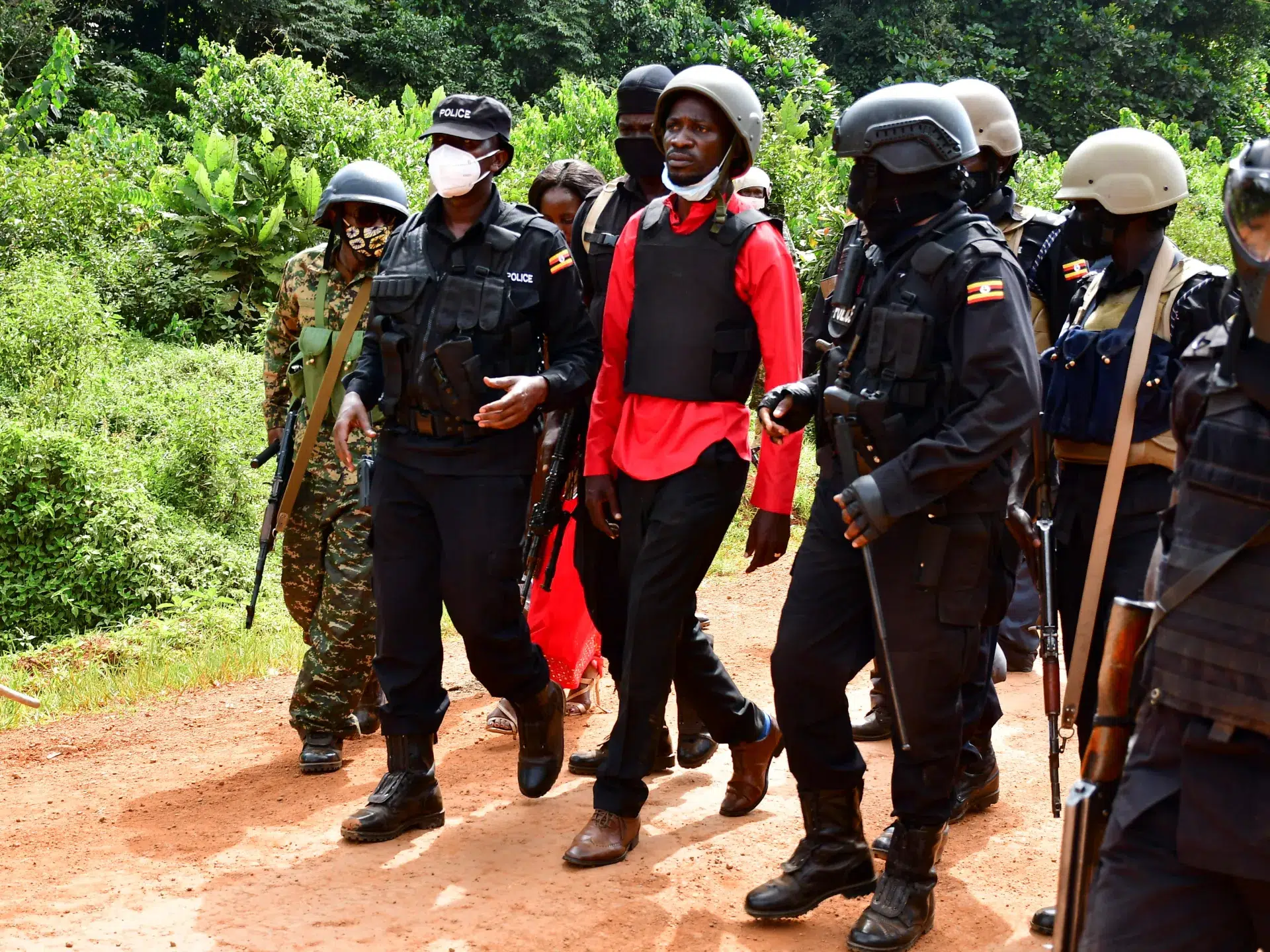Summary:
- The European Union (EU) delegation in Uganda and Konrad-Adenauer-Stiftung Uganda and South Sudan (KAS) have jointly launched the ‘Human Rights Our Concern’ project. The initiative, spanning 14 districts in Uganda, aims to strengthen human rights advocacy over 28 months, starting in October 2023. Co-financed by the EU and KAS, the project focuses on empowering human rights defenders, civil society organizations, and journalists to hold duty bearers accountable.
The Human Rights Our Concern project, a collaborative initiative between the European Union (EU) delegation in Uganda and the Konrad-Adenauer-Stiftung Uganda and South Sudan (KAS), was officially launched in Kampala. The aim of this project is to enhance reporting and evidence-based advocacy, fortifying efforts to protect human rights and freedoms in Uganda.
Covering 14 districts, including Arua, Adjumani, Gulu, Kingum, Otuke, Kotide, Kiween, Mbale, Morotu Kasese, Hoima, Kisoro, Wakiso, and Kampala, the 28-month project is scheduled to commence in October 2023 and conclude in January 2026. Mr. Gilbert Cathal, the Programs Officer with the EU delegation in Uganda, disclosed during the launch event that the project’s total cost amounts to €840,000 (Shs3.2 billion), with both KAS and the EU sharing equal financial contributions.
Cathal emphasized that the initiative will empower human rights defenders, particularly civil society organizations and journalists in the targeted districts, by providing them with the tools to hold duty bearers accountable in instances of human rights violations. The project will be executed by a consortium led by the Konrad-Adenauer-Stiftung Uganda and South Sudan, with other key members including Chapter Four Uganda, a civil liberties organization supporting human rights, and the African Institute for Investigative Journalism.
Let Us Build Your Online Success!
We are the experts in creating visually stunning and functional websites. With reliable hosting and exceptional customer support, we bring your vision to life. Join hundreds of happy clients who trust us!
Get Started Now📞 Call/WhatsApp: +256 207 800 192
At the launch event, Ms. Anna Reismann, the Country Representative of KAS Uganda and South Sudan, expressed gratitude to the EU delegation for co-financing the project. She highlighted the project’s significance in enhancing the evidence and information base regarding human rights in Uganda. Reismann also emphasized the project’s role in fostering collaboration among public institutions, duty bearers, and citizens to advocate for accountability, reforms, and respect for human rights and fundamental freedoms in the country.
Despite existing laws safeguarding human rights in Uganda, Reismann acknowledged growing concerns about escalating gross human rights violations. She attributed the challenges in prosecuting perpetrators to limited documentation and reporting, hindering legal action and advocacy. Ms. Reismann stressed the need to bridge capacity and compliance gaps among Human Rights Defenders (HRDs) to effectively monitor, document, and report incidents, ultimately strengthening efforts to seek accountability for human rights violations and abuses.
Mr. Solomon Serwanja, the executive director of the African Institute for Investigative Journalism, decried numerous human rights violations during elections and affirmed that journalists, through the project, would hold violators accountable. Mr. Nicholas Opiyo, team lead at Chapter Four Uganda, expressed their commitment to leveraging the project to advocate for the rights of human rights defenders.

